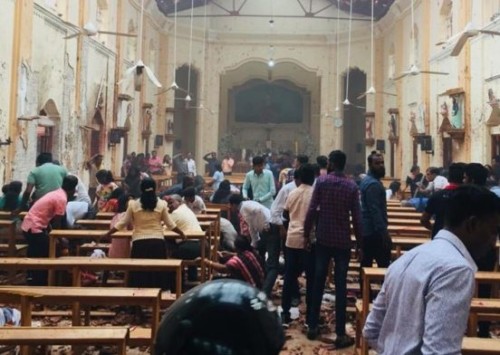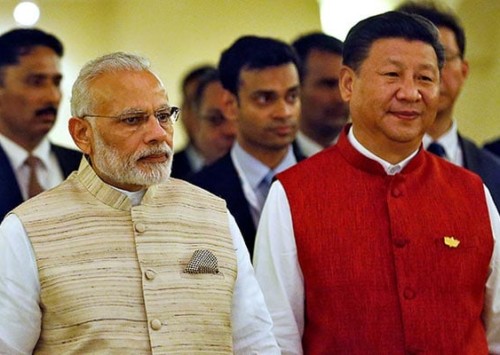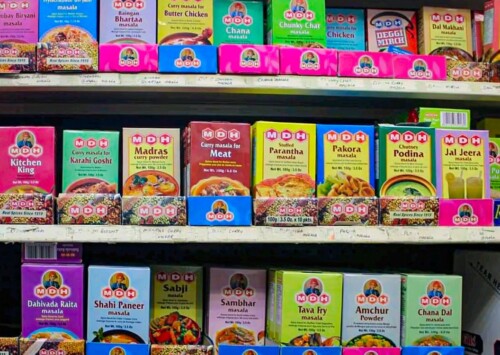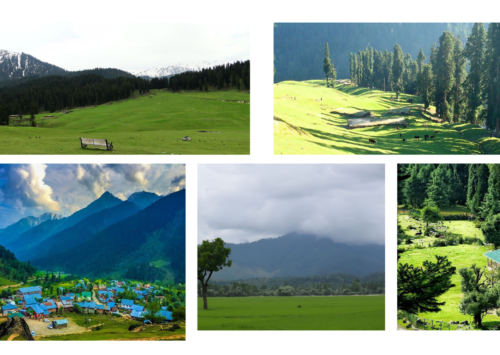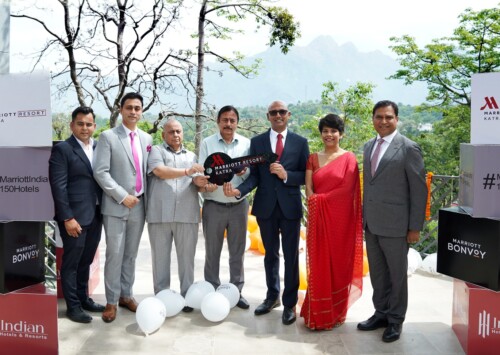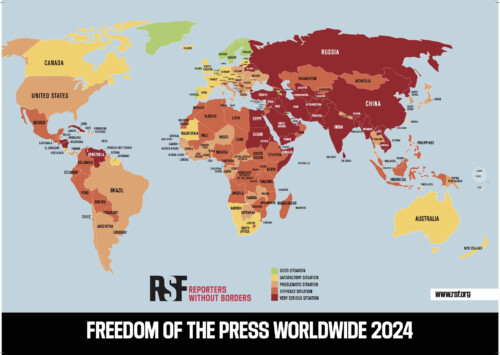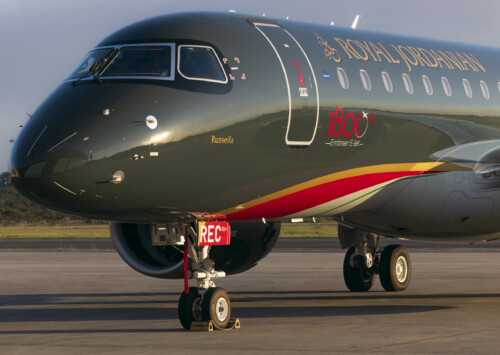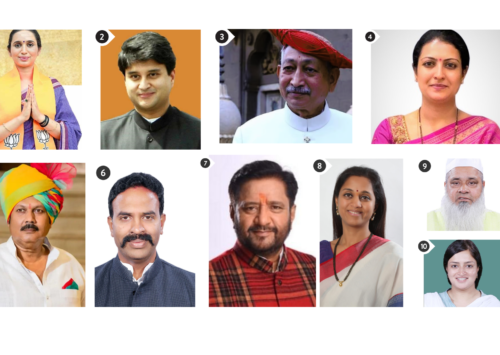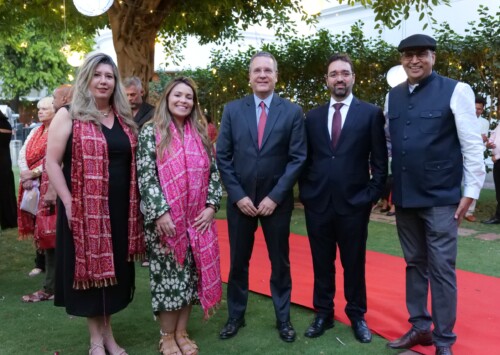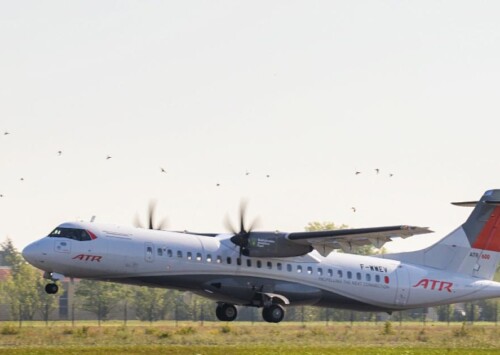Sri Lanka elections

People queuing up to cast their vote during the presidential election in Sri Lanka (Courtesy: Reuters)
The results of the Presidential elections in Sri Lanka would be awaited with a bated breath not just in Colombo, but New Delhi and Beijing as well.
After a turbulent year, in which Sri Lanka was rocked by horrid terror attacks on the Easter Day that killed nearly 300 persons and put the island’s recently gained peace and tranquility at risk, the country is voting today in key Presidential elections.
The two main contenders, belonging to the traditional parties, are slugging it out for the top job and opinion polls peg both of them fairly close together to have a real favourite. The ruling United National Party (UNP), headed by Prime Minister Ranil Wickramsinghe, has nominated Sajith Premdasa, son of former President Ranasinghe Premadasa, who was assassinated in May 1993. Sajith Premadasa is currently the housing minister and one of the youngest contenders in the Presidential poll.
He faces a strong challenger in the form of Gotabaya Rajpaksa, former defence minister in the administration of his brother Mahinda Rajapaksa who governed the country from 2005-2014. The Rajapaksa brothers, who enjoy a strongman image, also claim the credit for having defeated the Liberation Tigers of Tamil Eelam (LTTE), the terror group that had been leading the civil war in the country for over two decades.
Gotabaya Rajapaksa has indeed made security the central plank of his campaign, blaming the ineffectiveness of the outgoing President Maithripala Srisena in preventing the Easter attacks despite having received warnings from Indian intelligence services. Newspaper reports following the attacks blamed the disfunction within the government ever since Srisena had a very public falling out with Prime Minister Wickeramsinghe. In October 2018, Srisena tried to dismiss Wickeramsinghe and brought in Mahinda Rajapaksa as the prime minister, only for the Parliament, where Wickeramsinghe enjoyed a clear majority, to block the change and reinstall Wickeramsinghe as the PM.
Indeed, along with the return of terror to the island nation, the infighting that seems to have crippled the government is the key issue for many voters and Rajapaksa is fully milking it, promising the return of a strong and unified government that would bring in security and also revive the country’s economy which has been stuttering mainly due to the dramatic collapse of tourism following the attacks.
Premadasa has focused his campaign on restoring the economy as well as security, by bringing in former Army chief who led the battle against the LTTE as his future defence minister.
While both China and India support a strong, stable and peaceful Sri Lanka and have stayed away from the electoral process, the two nations would be watching the outcome as the new president could redefine the relations that Sri Lanka has with the two Asian giants.
In the final years of his mandate, Mahinda Rajapaksa drifted away from India and moved in Chinese orbit, abandoning the traditional stance of equidistance with India and China that previous Lankan governments had been studiously following.
The Rajapaksas cleared several large Chinese investments in the country as part of the Chinese leader Xi Jinping’s Belt and Road Initiative (BRI), a project that India has been cool to as New Delhi sees the BRI as a thinly-veiled attempt to spread Chinese strategic and military presence way beyond the Chinese borders and notably in the Indian Ocean region, an area that India has regarded as its backyard. New Delhi was especially bothered by the Chinese development of a large and strategic port at Hambantota along the southern coast of the country.
Over the past five years, Srisena and Wickeramsinghe have distanced from China and abandoned many projects, blaming them for leaving the country heavily indebted and the economy weaker.
Rajapaksa has already said he would redevelop relations with China and this is perhaps the reason why the two giants are awaiting the outcome impatiently. A year ago, India had regained a foothold in another South Asian nation, Maldives, that has traditionally been a close ally of India. However, over the last few years, President Abdulla Yameen had taken an anti-India stance and joined the Chinese BRI, getting close to USD 1 billion in various projects and indebting the country and severely crippling the economy.
Yameen’s surprise defeat by Mohammed Solih, a pro-India candidate in the presidential elections saw Maldives come back to its traditional position vis-à-vis India and China. Thus India would be worried if indeed Rajapaksa makes a come back as the financial, diplomatic and strategic efforts to pull Sri Lanka out of the Chinese orbit would come to a naught.
For China, a Rajapaksa presidency would mean an invitation to restart the abandoned projects and reassert itself as a primary power in South Asia.

